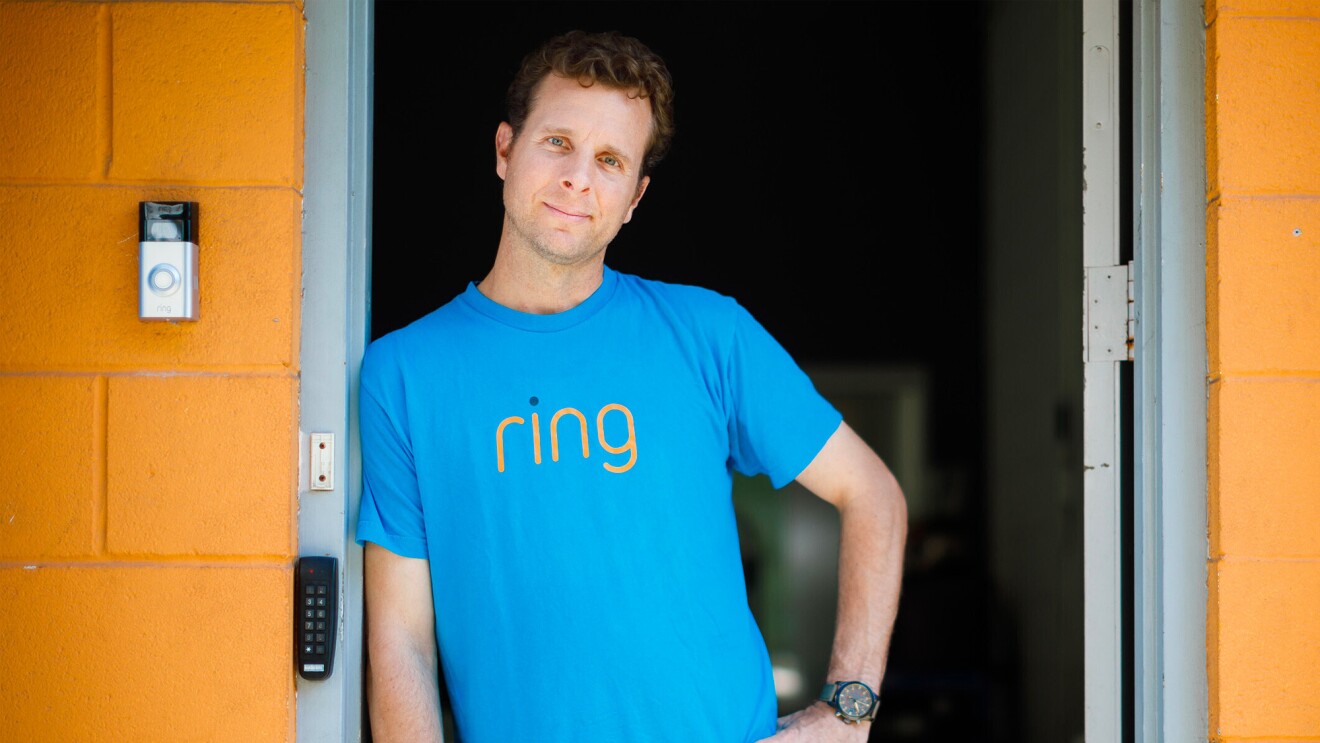To help our employees, partners, and communities affected by the tornadoes that struck last weekend, Amazon teams across the company have been working with affected employees and their families, as well as local, state, and national organizations. We wanted to give an update on some of the things we’ve been doing and how others can help.
In Edwardsville, Illinois, we are offering employees and their families financial assistance, help with temporary housing, car rentals, and more. In addition, we donated $1 million to the Edwardsville Community Foundation, and we continue working with local and state officials to understand what’s needed most in their recovery efforts. Our disaster relief and operations teams have worked together to provide essential services like transportation, food, and clean water, as well as other immediate-needs support. Our teams have also been assisting emergency responders as they identify additional necessities, including accommodations and hot meals.
In neighboring states, we donated $1 million to the Team Western Kentucky Tornado Relief Fund and are working with more than a dozen state and local community organizations to support relief efforts. For example, we’re working with Feeding America to support food banks with donations of ready-to-eat items for the most affected areas. We are also providing non-perishable food items for school food programs, and we are assisting health care providers like those at Jackson Purchase Medical Center in Mayfield, Kentucky, with essential supplies like thermal blankets. We will continue to donate more relief supplies as other humanitarian aid partners assess their needs and request support.
In addition, the Amazon Web Services (AWS) Disaster Response team has deployed technical volunteers to support several of the hardest-hit communities in Kentucky. AWS is donating technical expertise and equipment to Help.NGO, to support the organization with its damage assessment efforts and support the collection and processing of drone imagery of the affected areas. The AWS team has been able to quickly process imagery from more than 20 drone missions so far with AWS Snowball Edge devices. Using this technology, Help.NGO has been able to process large amounts of data in less than two hours—an exercise that can take days in low connectivity environments. The data is being used to create detailed 2D and 3D maps that Help.NGO is sharing with local first responders and government officials to assess the scale of the damage and inform recovery efforts. AWS is also working alongside Help.NGO and other partners to restore local WiFi and cellular connectivity, helping local communities stay online.
We have also launched a disaster relief fund, administered by the Emergency Assistance Foundation (EAF), to provide our employees and partners one-time grants of up to $3,000 for expenses related to housing, transportation, and other immediate needs like food and clothing. This is in addition to working directly with our team, affected employees, and their families to support them through this challenging time. Affected employees and partners—including DSP DAs, flex drivers, seasonal associates, and employees of third-party contractors—can apply for a grant by visiting www.AmazonDisasterReliefFund.com.
Amazon employees across the company have expressed an outpouring of support and are volunteering to help in many different ways. For example, some teams are taking calls for Crisis Cleanup, a nonprofit that fields disaster cleanup requests from people and organizations across affected states. And other Amazon employees are assisting the nonprofit Humanitarian OpenStreetMap Team (HOT) to map various Kentucky communities to get a better understanding of what they looked like pre-disaster and to assess the current damage.
If you would like to help support the relief efforts and aren’t sure where to start, we recommend the following organizations, which are doing great work on the ground in many affected communities:
Thank you to everyone who is involved in the recovery. It will require a long-term effort, and we will continue working hard to support everyone who has been affected by these devastating storms.
Trending news and stories
- Amazon unveils 7 new robots powering faster, safer deliveries: Go inside our most innovative delivery station yet
- Introducing Vulcan: Amazon's first robot with a sense of touch
- This new AI tech will make sorting packages easier for Amazon's delivery station employees
- 15 photos from Project Kuiper's first launch of low Earth orbit satellites








